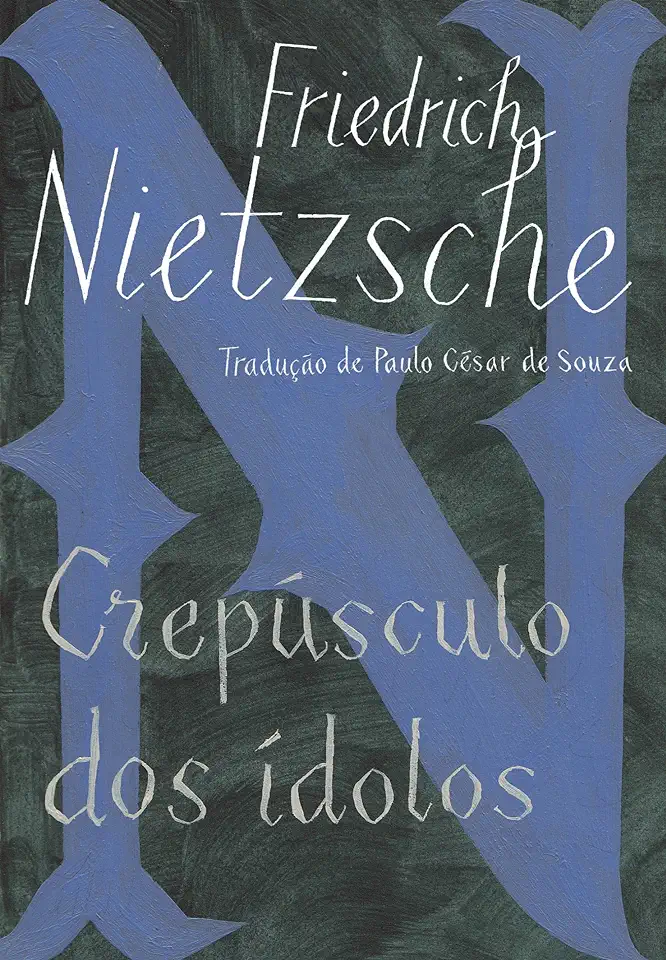
Twilight of the Idols - Nietzsche
Twilight of the Idols: A Journey into the Depths of Human Nature
Friedrich Nietzsche's Twilight of the Idols is a philosophical masterpiece that delves into the depths of human nature, challenging conventional beliefs and societal norms. With its provocative insights and iconoclastic style, this book invites readers to embark on a journey of self-discovery and intellectual liberation.
Unmasking the Idols of Modernity
Nietzsche begins by dismantling the "idols" that dominate modern thought and culture. These idols include traditional morality, religious dogma, and the pursuit of objective truth. He argues that these concepts are not inherent or absolute, but rather human constructs that have been imposed on reality. By exposing the illusory nature of these idols, Nietzsche liberates us from their oppressive influence and opens up new possibilities for understanding ourselves and the world around us.
The Will to Power: A New Perspective on Human Motivation
At the heart of Nietzsche's philosophy lies the concept of the "will to power." He argues that this fundamental drive is the driving force behind all human behavior, from the most mundane actions to the grandest achievements. By recognizing and embracing our will to power, we can overcome the limitations imposed by conventional morality and social expectations and become truly authentic individuals.
The Übermensch: A Vision of Human Potential
Nietzsche's vision of the "Übermensch" (Superman) represents the ultimate expression of human potential. This ideal individual transcends the constraints of ordinary morality and embraces their own unique strengths and desires. The Übermensch is a symbol of self-actualization and personal growth, inspiring us to strive for greatness and to become the best versions of ourselves.
Eternal Recurrence: Embracing the Cyclical Nature of Existence
One of the most profound concepts in Twilight of the Idols is the idea of eternal recurrence. Nietzsche proposes that the universe is cyclical, and that every moment will repeat itself endlessly. This concept challenges our conventional notions of time and progress, and encourages us to live each moment with intention and purpose. By embracing eternal recurrence, we can overcome the fear of death and find meaning in the present moment.
Conclusion: A Call to Intellectual Freedom
Twilight of the Idols is a challenging and provocative book that demands critical thinking and self-reflection. Nietzsche's iconoclastic ideas may not be easy to digest, but they offer a unique and liberating perspective on human existence. By questioning our most cherished beliefs and values, Nietzsche encourages us to break free from the constraints of conformity and to forge our own path to self-discovery and personal growth.
If you are ready to embark on an intellectual journey that will challenge your assumptions and expand your horizons, then Twilight of the Idols is a must-read. Prepare to be provoked, inspired, and ultimately transformed by Nietzsche's philosophical insights.